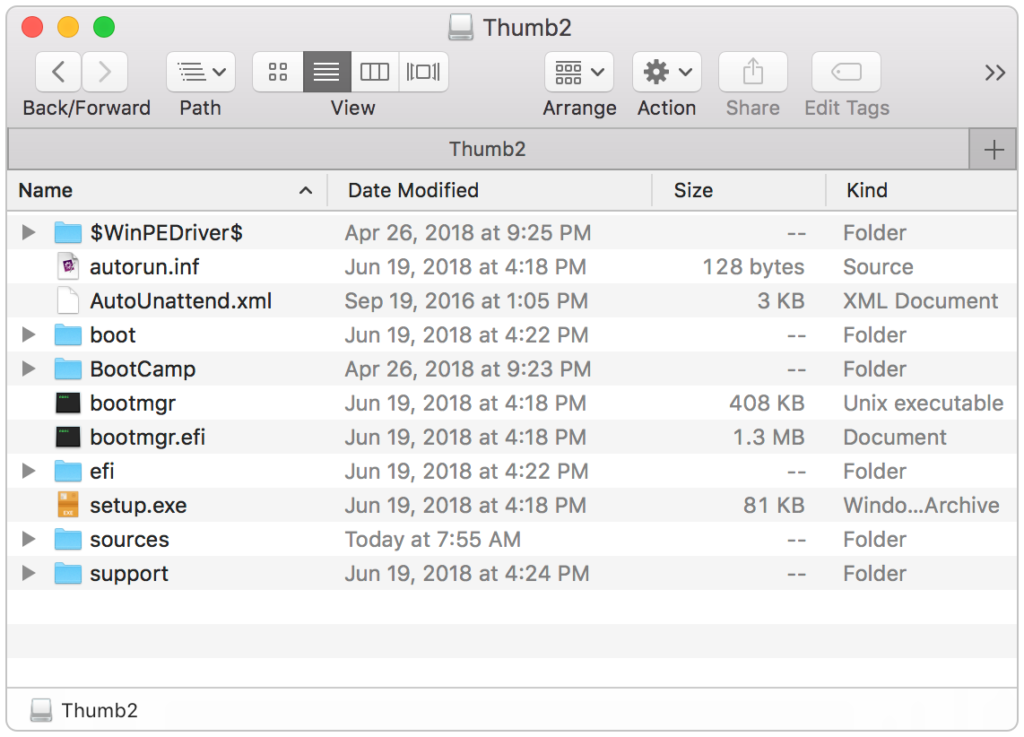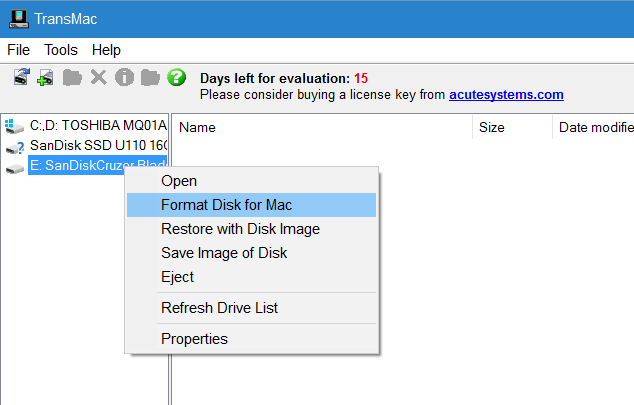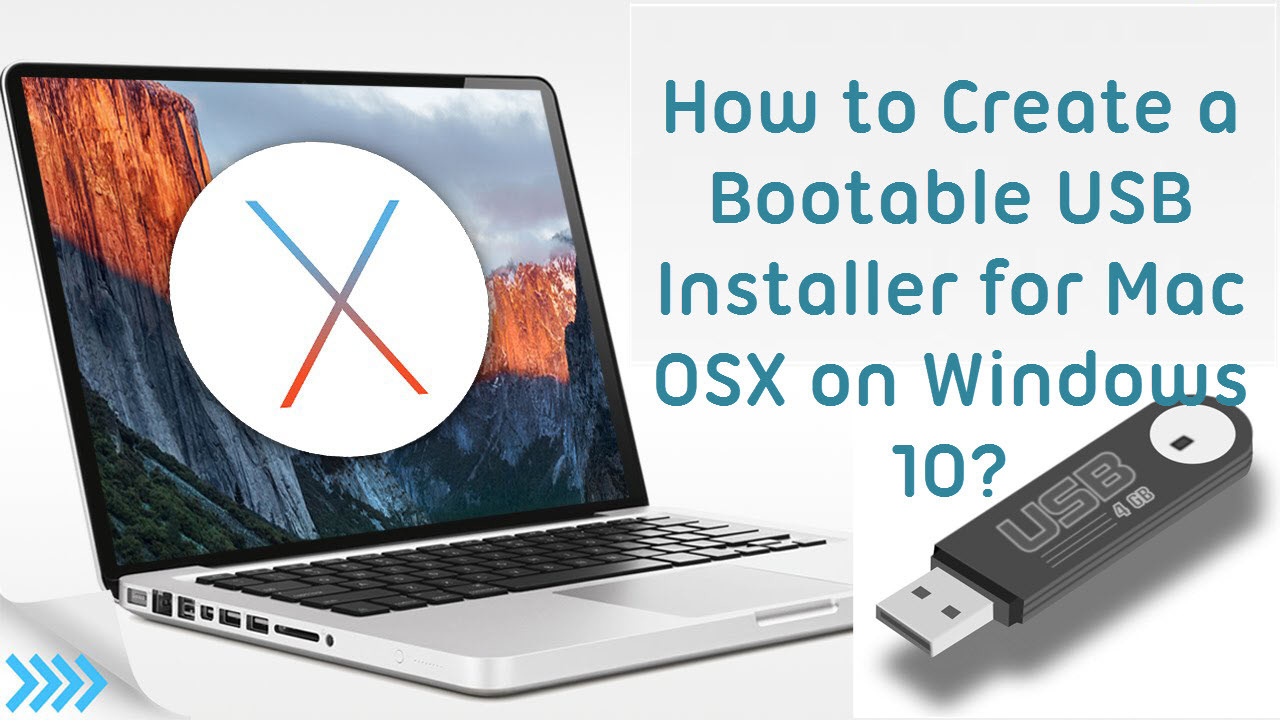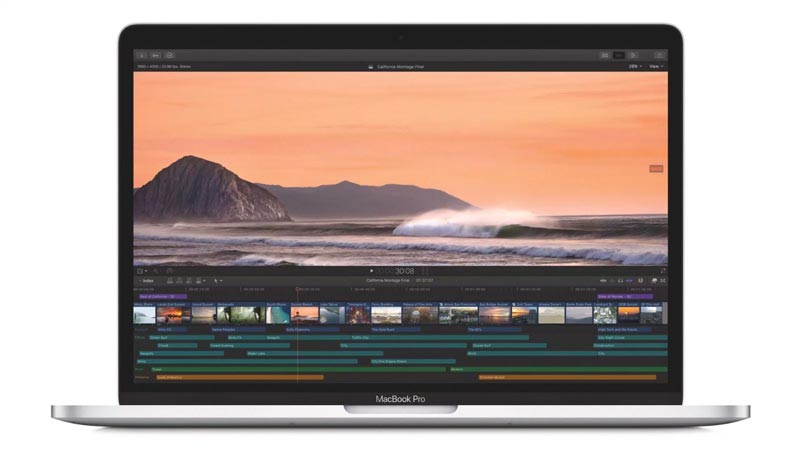- Jesus Vigo goes over the steps to create a bootable USB to install OS X 10.7-10.8 and OS X 10.5-10.6, as well as how to put multiple versions on the same USB.
- You can create a Linux live USB by using either a GUI application like Rufus or by leveraging your existing command-line utilities. We will show you how to create a bootable Linux distro from all major operating systems, including Linux, Mac OS, and Windows.


For those who failed to create bootable USB with TransMac, take a look at UUByte DMG Editor. I managed to create two bootable USB from macOS Mojave and Catalina DMG file and successfully installed them on respect Mac. First, make sure the dmg file you downloaded is valid. Create the Final USB. After the first USB is done, you can reboot your computer into Tails. As it’s rebooting, make sure that your computer is set to boot to USB. Select Tails from the boot menu. Then, when Tails boots, select your language and region. After a few seconds, you’ll see the Tails desktop. Insert your second USB now. To do this work, you need to use bootable USB Windows 7 software, Windows 7 USB/DVD Download Tool. After getting the tool, follow its instructions to create a bootable USB drive. Besides, some of you may want to know how to create bootable USB from ISO ubuntu or Mac.
With a bootable Ubuntu USB stick, you can:
- Install or upgrade Ubuntu, even on a Mac
- Test out the Ubuntu desktop experience without touching your PC configuration
- Boot into Ubuntu on a borrowed machine or from an internet cafe
- Use tools installed by default on the USB stick to repair or fix a broken configuration

Creating a bootable USB stick is very simple, especially if you’re going to use the USB stick with a generic Windows or Linux PC. Older xcode versions download free. We’re going to cover the process in the next few steps.
Create Bootable Usb On Mac Disk Utility
Apple hardware considerations


Create Bootable Usb On Mac Os
There are a few additional considerations when booting the USB stick on Apple hardware. This is because Apple’s ‘Startup Manager’, summoned by holding the Option/alt (⌥) key when booting, won’t detect the USB stick without a specific partition table and layout. We’ll cover this in a later step.
